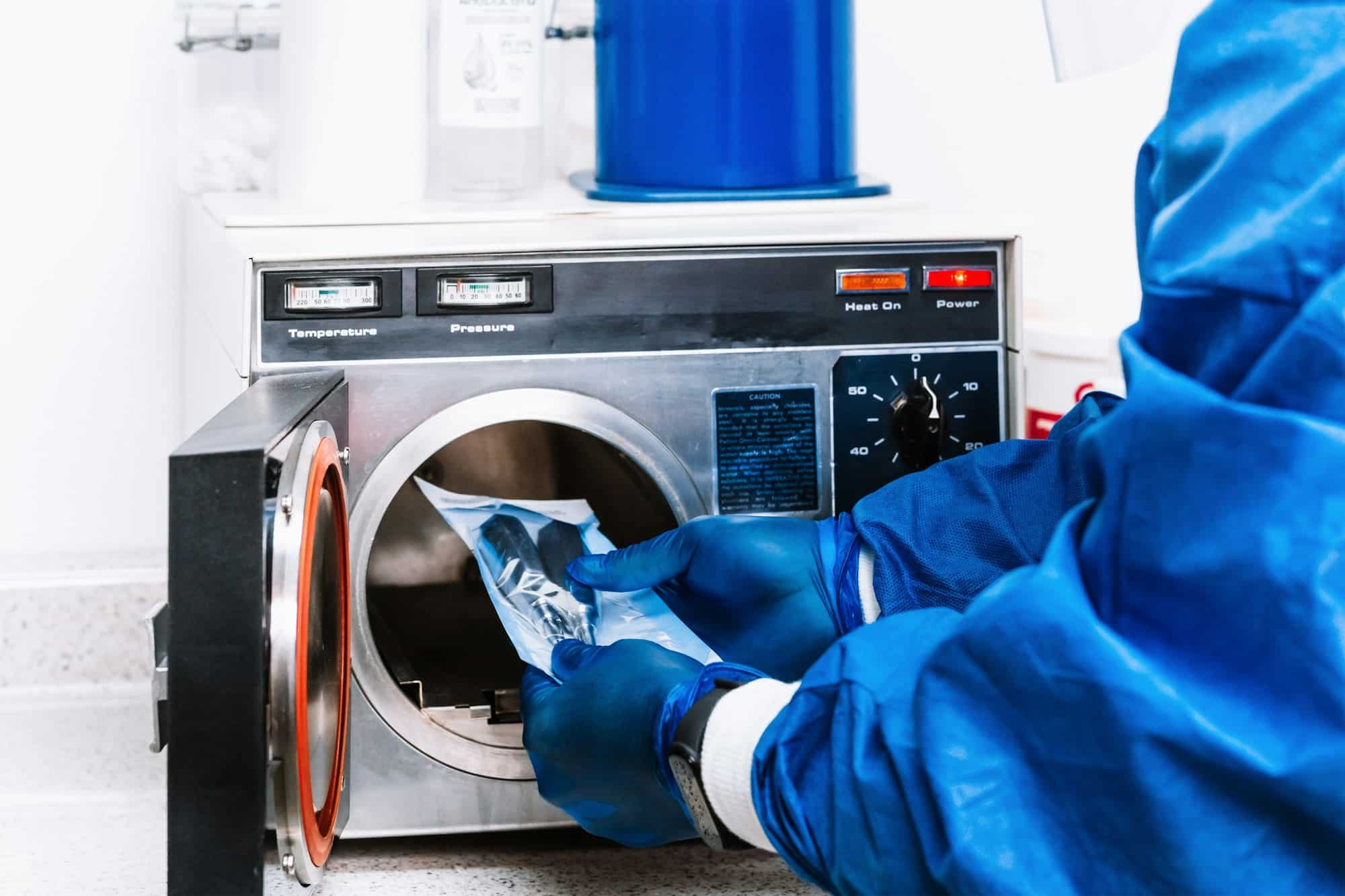What are the latest biosecurity measures for UK poultry farms?

On the frontline of safeguarding the UK's poultry industry, biosecurity measures are a key area of concern. It is the defensive shield that protects our farms from the onslaught of diseases such as avian influenza, the bird flu, and campylobacter, among others. This article will delve into the latest biosecurity measures that farmers are implementing to ensure the health and safety of their birds, and by extension, the consumers who rely on them. We will also discuss the role of technology, particularly a system called Livetec, in enhancing biosecurity in poultry farms.
Understanding Biosecurity in Poultry Farms
Biosecurity refers to the measures implemented to prevent the introduction and spread of disease-causing organisms in poultry farms. It involves several practices, from good farming hygiene and the use of vaccines to strict control of movement on and off the farm. Google scholar, a renowned data source, says that biosecurity is a cost-effective method of disease control. It is particularly crucial in the poultry industry, where an outbreak of a disease such as avian influenza can lead to significant economic losses.
Avez-vous vu cela : What Are the Challenges and Solutions for UK Businesses in Adopting Sustainable Agriculture?
A key aspect of biosecurity measures involves the early detection of diseases. Farmers need to be vigilant and monitor their birds closely for any signs of illness. Any sick birds should be isolated immediately and any mortality should be investigated promptly. Farmers should also maintain a clean and sanitary environment in the chicken house, including regularly disinfecting the house and equipment.
The Threat of Avian Influenza and Broiler Diseases
Avian influenza, also known as bird flu, is a significant threat to poultry farms. As the name suggests, it primarily affects birds, but it can also spread to humans and other animals. The disease is highly contagious and can lead to severe economic losses due to decreased egg production, high mortality rates, and trade restrictions.
A lire également : How to Leverage Consumer Insights for Product Development in the UK Beverage Industry?
Broiler diseases are another major concern for poultry farmers. Broilers are chickens that are reared for meat production, and they are prone to several diseases, including campylobacter and other bacterial infections. Other common broiler diseases include coccidiosis, a parasitic disease that can lead to poor growth and high mortality rates.
Latest Biosecurity Measures
To combat these threats, farmers are implementing the latest biosecurity measures. New regulations are now in place that require farmers to have a biosecurity plan that details how they will prevent, control, and respond to diseases.
Some of the latest measures include the increased use of vaccines, the use of all-in, all-out systems where all birds in a house are brought in at the same time and sent for slaughter at the same time, and implementing strict movement controls. Farmers are also being encouraged to use disinfectant mats at all entrances to the farm and to limit visitor access.
Role of Technology in Enhancing Biosecurity
Technological advancements have also played a vital role in enhancing biosecurity in poultry farms. Systems such as Livetec, for instance, are providing farmers with real-time data about their flocks, helping them identify any potential health risks early. Livetec is a state-of-the-art system that uses sensors to monitor various elements in the chicken house, such as temperature, humidity, and ammonia levels. If any of these factors fall out of the optimal range, the system sends an alert to the farmer, allowing them to take prompt action.
Importance of Farmer Training and Education
Farmer training and education is another crucial component of biosecurity. Farmers need to be aware of the risks and know how to implement and maintain effective biosecurity measures. Training should cover a wide range of topics, from how to identify signs of disease to how to properly disinfect equipment. Education is a key factor in ensuring that all the biosecurity measures are implemented correctly and consistently.
Implementing effective biosecurity measures is a responsibility shared by all involved in the poultry industry. From the farmers who care for the birds, to the veterinarians who monitor their health, to the consumers who purchase the products, everyone has a role to play in ensuring the safety and health of our poultry.
Wild Birds, Housing Order and the Role of Red Tractor
Wild birds are known carriers of diseases such as avian influenza and can pose a significant risk to poultry farms. The likelihood of disease transmission increases when wild birds come into contact with domestic poultry. Hence, one of the latest biosecurity measures recommended by Google Scholar and enforced by the Department for Environment, Food and Rural Affairs (DEFRA) is the Housing Order.
The Housing Order requires all bird keepers, whether they have a commercial flock or just a few birds in a backyard, to keep their birds indoors, or at least in a setup where they have minimal contact with wild birds. This measure has shown to be effective in reducing the incidence of avian influenza and other diseases transmitted by wild birds.
Alongside the Housing Order, compliance with the 'Red Tractor' standards has been emphasised. Red Tractor is the UK’s largest food standards scheme. It includes standards covering animal health and welfare, food safety, traceability and environmental protection. Biosecurity practices are an essential part of these standards, and farms need to demonstrate biosecurity compliance to get the Red Tractor seal. This seal not only reassures consumers about the safety and quality of their food but also helps in reducing disease outbreaks in poultry farms.
Egg Poultry and Broiler Chicken: Special Considerations
While all poultry require robust biosecurity measures, there are some specific considerations for egg poultry and broiler chickens. Egg-laying hens are vulnerable to diseases like avian influenza that can drastically reduce egg production and affect the quality of eggs. Moreover, any disease outbreak can lead to culling of the flock, leading to severe economic losses for the poultry farmer.
Broiler chickens, on the other hand, are susceptible to diseases like campylobacter and coccidiosis which can lead to poor growth and high mortality rates. Therefore, biosecurity measures for broiler chickens include regular vaccination and the use of high-quality feed to boost their immune system. Strict control over their environment, including temperature, humidity, and air quality, is also crucial. This is where systems like Livetec can play a pivotal role in providing real-time data and helping maintain optimal conditions.
Conclusion
In an era where diseases like avian influenza and campylobacter pose a constant threat, biosecurity measures are the primary defence for poultry farms. From Housing Orders to limit contact with wild birds, to the use of cutting-edge systems like Livetec for optimal environmental control, these measures are critical in safeguarding the health of our birds.
Furthermore, achieving biosecurity compliance and adhering to Red Tractor standards not only protects our poultry but also reassures consumers about the safety of their food. With proper training, education and implementation of biosecurity practices, stakeholders across the poultry industry can ensure a secure, productive and sustainable future for UK's poultry farms. So, whether you're a large-scale poultry farmer or a small bird keeper, remember - biosecurity is everyone's responsibility.
